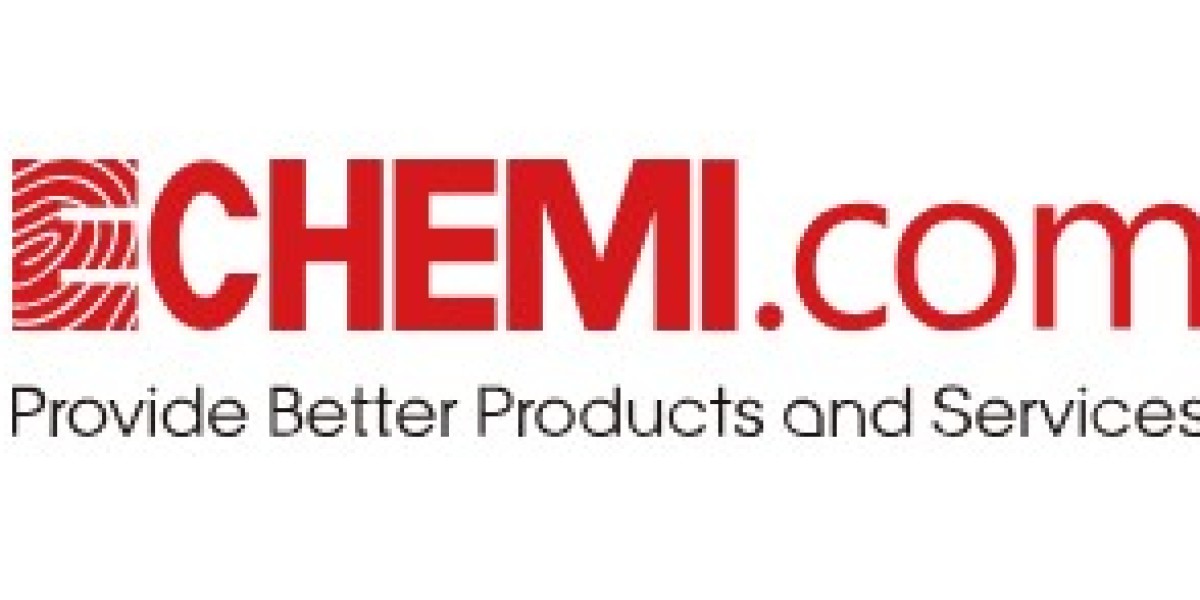The integration of artificial intelligence (AI) and automation technologies is revolutionizing the chemical supply chain, enhancing efficiency, accuracy, and agility in operations. By leveraging AI algorithms, machine learning, and robotic process automation, chemical suppliers can optimize processes, improve inventory management, and respond effectively to dynamic market demands.
Key aspects of AI and automation in chemical supply include:
Predictive Inventory Management: AI-powered algorithms analyze historical data, demand patterns, and market trends to predict inventory needs accurately. By automating inventory replenishment processes and optimizing stock levels, chemical suppliers can reduce stockouts, minimize excess inventory, and enhance overall inventory management efficiency.
Automated Order Processing: Automation streamlines order processing workflows, from order placement to fulfillment and delivery. AI systems can automate order routing, prioritize orders based on urgency or customer preferences, and optimize delivery routes for faster and cost-effective order fulfillment, improving customer satisfaction and operational efficiency.
AI-Driven Demand Forecasting: AI technologies enable accurate demand forecasting by analyzing vast amounts of data and predicting future demand trends. Chemical suppliers can use AI-driven forecasting models to optimize production schedules, anticipate customer needs, and adjust supply chain strategies proactively to meet changing market demands with precision.
Smart Warehousing and Logistics: Automation and AI enhance warehouse and logistics operations in chemical supply chains. Robotics automation and AI-powered systems optimize storage, picking, and packing processes, improving warehouse efficiency and reducing errors. Real-time monitoring and route optimization tools enhance logistics operations, ensuring timely and cost-effective deliveries.
Quality Control and Compliance: AI technologies enhance quality control processes in chemical supply chains by analyzing data to detect defects, ensure product quality, and comply with industry regulations. Automated quality control systems improve accuracy, consistency, and compliance, reducing the risk of errors and enhancing product safety and reliability.
Data Analytics for Decision-Making: AI and automation tools provide valuable data analytics capabilities for strategic decision-making. By analyzing operational data, market trends, and customer behavior patterns, chemical suppliers can gain insights, optimize pricing strategies, improve operational efficiency, and make informed decisions to drive business growth and competitiveness in the dynamic chemical supply industry.
In conclusion, AI and automation technologies are transforming the landscape of chemical supply chains, enabling suppliers to operate with greater efficiency, intelligence, and responsiveness. By embracing AI for inventory management, order processing, demand forecasting, warehouse operations, quality control, and data analytics, chemical suppliers can unlock new levels of operational excellence, adaptability, and competitiveness in a rapidly evolving industry landscape.



